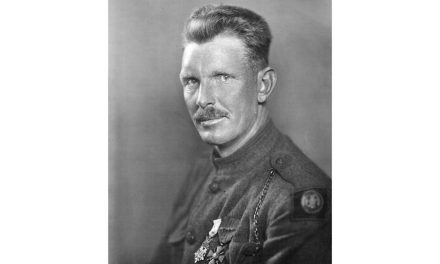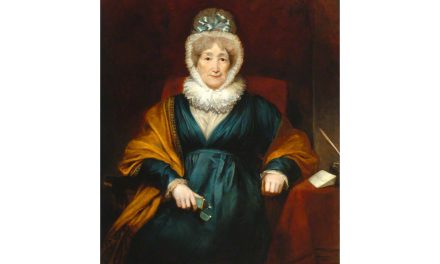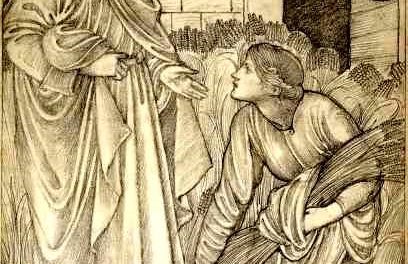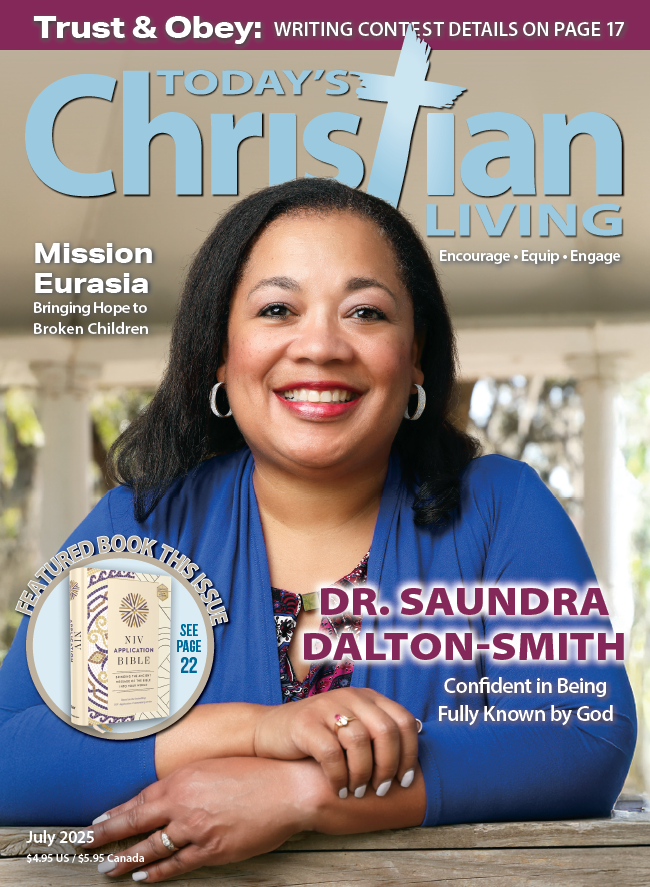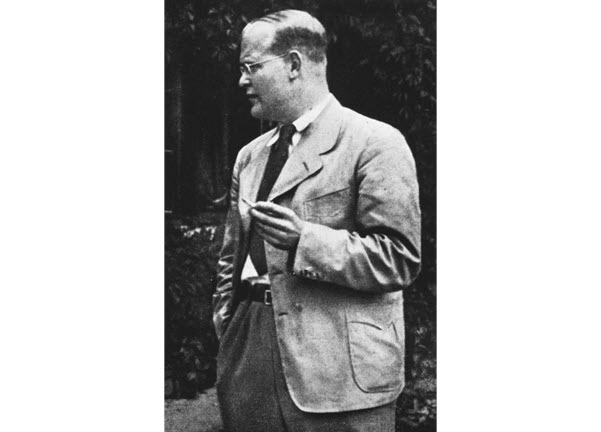
Dietrich Bonhoeffer and his twin sister, Sabine, were born in 1906 into a large, right-knit family that was well-educated and actively involved in politics but only nominally religious. A true prodigy as a pianist, Bonhoeffer was playing chamber music by the time he was eight years old. Everyone thought he would become a professional musician.
When, at the age of 13, he announced his intentions to become a minister, it caused quite a ruckus at home. His mother, whose father and grandfather were both clergymen, was supportive. Other family members were openly antagonistic. Bonhoeffer was undeterred.
He studied theology at the universities in Berlin and Tubingen before accepting a position as assistant pastor for a German-speaking congregation in Barcelona, Spain. While there, he took a leave of absence to attend Union Theological Seminary in New York City.
In 1931, Bonhoeffer returned to Berlin to teach systematic theology at the University of Berlin. As Adolf Hitler began rising to power, Bonhoeffer recognized the Nazi Party as a threat to Christianity. He had come to understand, while he was in New York, that our faith in God is expressed as we live in relationship with one another so our concern must extend to those who are marginalized – those who did not enjoy the comfortable life Bonhoeffer had always known. Hitler’s ideology trampled on marginalized populations and encouraged racism – both things that threatened the unity of the church.
Bonhoeffer was boldly outspoken in his opposition to Hitler’s regime. He encouraged believers in Germany to see read their Bibles and see the events unfolding through the eyes of biblical truths. “Christianity stands or falls with its revolutionary protest against violence, arbitrariness, and pride of power and with its plea for the weak.”
In the mid-1930’s, Bonhoeffer held a series of five seminaries intended to prepare fellow clergymen for the tumultuous days he saw coming. These Confessing Church seminaries were considered “Illegal” under church law and, in 1937, they were shut down by Heinrich Himmler’s decree. As tensions in Germany grew, Bonhoeffer’s friends in the United States encouraged him to leave – fearing for his safety. And he did return to the United States for a time. He felt unsettled about his decision, however, and returned to Germany within a few months. He would not make a decision based on his own safety when the well-being of his nation was at stake.
Bonhoeffer was arrested on vague charges in 1943 and imprisoned in Berlin. While there, he wrote Letters and Papers from Prison, an incomplete look at what it means to live out one’s faith in the midst of suffering – not one’s own, but the suffering of God’s people.
In 1944, a final failed attempt on Hitler’s life brought implications that Bonhoeffer was somehow involved. Though he had always advocated for justice, he had never endorsed assassination. It didn’t matter. He had spoken out against Hitler’s evil regime and that was enough. A year later, April 9, 1945, Dietrich Bonhoeffer was marched to the gallows, naked, and hanged. He was 39 years old. His brothers and brother-in-law were all executed the same week. His family and friends were not notified of his death until June.
“Judging others makes us blind, whereas love is illuminating. By judging others we blind ourselves to our own evil and to the grace which others are just as entitled to as we are.”
Dietrich Bonhoeffer

